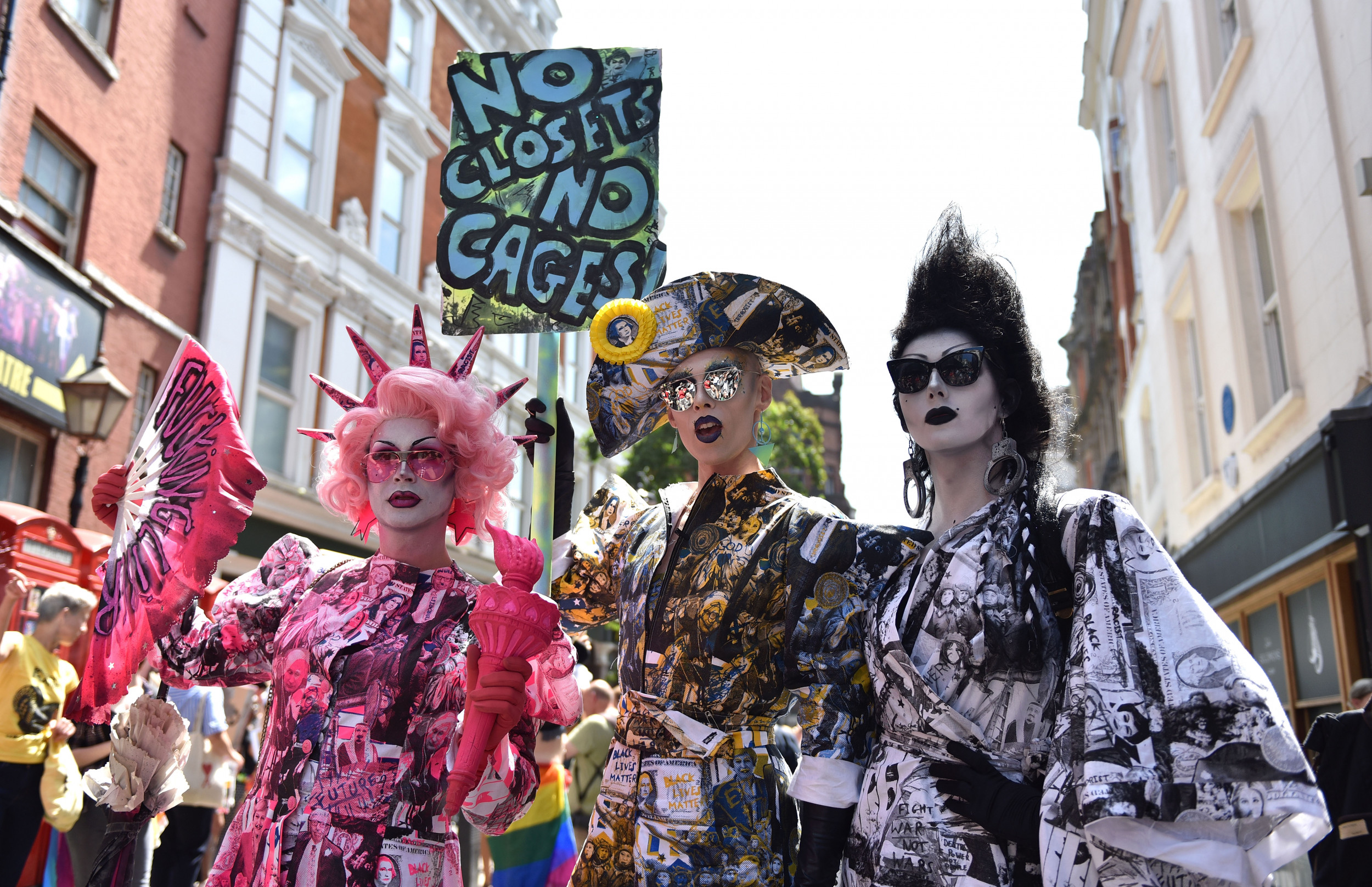‘Tis the season to be jolly get into heated debates over questionable refereeing decisions and scrutinise every playmaking move – butI’m not talking about your typical Super Sunday Premier League football match. Welcome to the Rugby World Cup, which is currently being held in Japan for its ninth iteration. Rugby (union) and football couldn’t be more different, but when it comes to fan culture, you’ll find the same narratives that are par for the course in any sport’s world – commiseration over the ridiculously early or late kick-off times, depending on one’s time zone; group chats flooded with people asking for links to watch a particular match; and, of course, proceeding to bemoan the potato-like quality of the aforementioned stream.
Benedict Anderson may have waxed poetic about “imagined communities” in the context of the nation-state, but its characteristics can be applied to sporting fanbases too – namely, in presuming an affinity with one another (Anderson 2006, 6) on the basis of their shared support for a particular team. Rugby’s no exception to this; from Youtube’s comment section to Twitter pages and from Instagram rugby meme accounts to the rugby union subreddit, the World Cup dominates discussions wherever fans congregate on the internet. Amidst discussions about serious sporting statistics and remarkably rotten refereeing, you’ll also self-deprecating memes and banter at the expense of a rival team (spoiler alert: it’s usually England). Trading quips is par for the course in sports circles, and even the official World Cup social media handles have gotten in on the act, utilising existing meme formats and inspiring some of their own in their attempts to better engage with the fans.
What makes this interesting in the context of rugby is how it plays into its self-image; after all, analyses and trading quips aren’t unique to any one sport. Rugby union, however, prides itself on being an inclusive sport that fosters tight-knit communities, transcending the heated club and national rivalries found in football. “A game for hooligans played by gentlemen”, rugby encourages leaving any bad blood on the pitch, and the sport’s ferocity very rarely extends off of it. Fans generally respect the request to keep silent and “respect the kicker” when a player is taking a kick, and the camaraderie extends to the generally unsegregated seating arrangements in stadia across the rugby-playing world. Though the real-life goodwill doesn’t always mirror itself online (but that’s the internet for you), the magic of the World Cup has banded fans together in rooting for the underdogs, showing off the very best of a sport that has been dogged by scandal.
The non-universality of rugby means that the game’s promotion from a top-down level in the coming years will increasingly rely on the savvy use of digital media by clubs, nations, and competitions. In the immediate future, this will be facilitated as the World Cup progresses. Hosts Japan beating world number one Ireland will be remembered for years to come; both because of the perseverance of the lower-ranked Japanese side to clinch the win and the match’s immortalisation in memes. It may be the latter’s bottom-up spread of the sport, in the form of viral posts on social media, that captures the imagination of those not yet familiar with the game.



Recent Comments